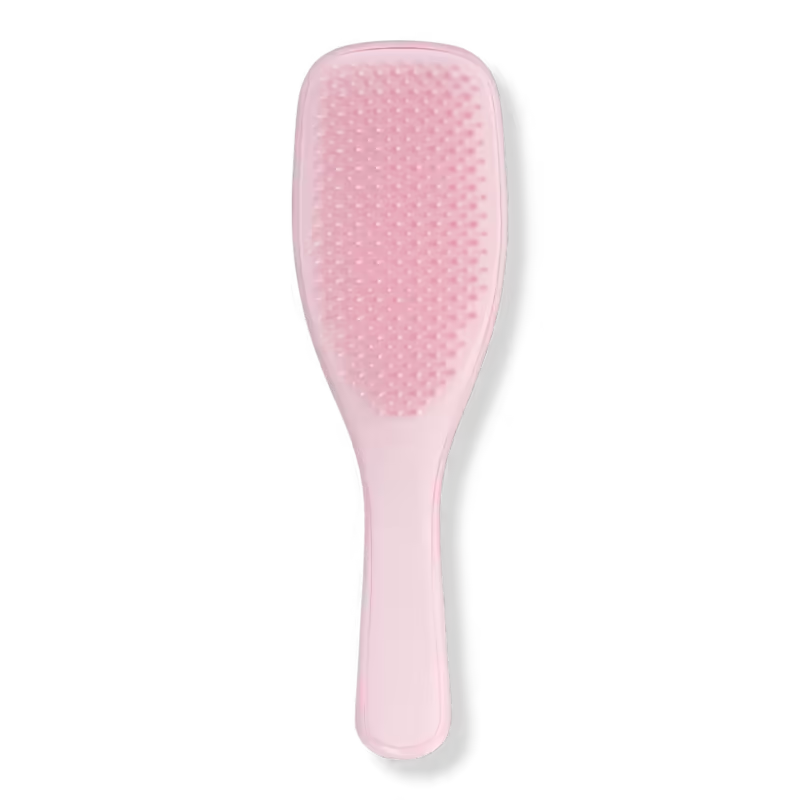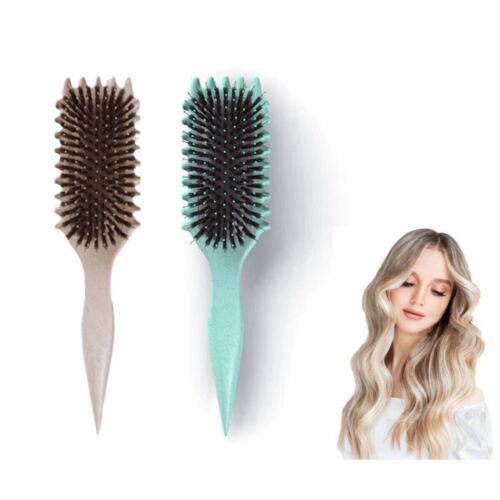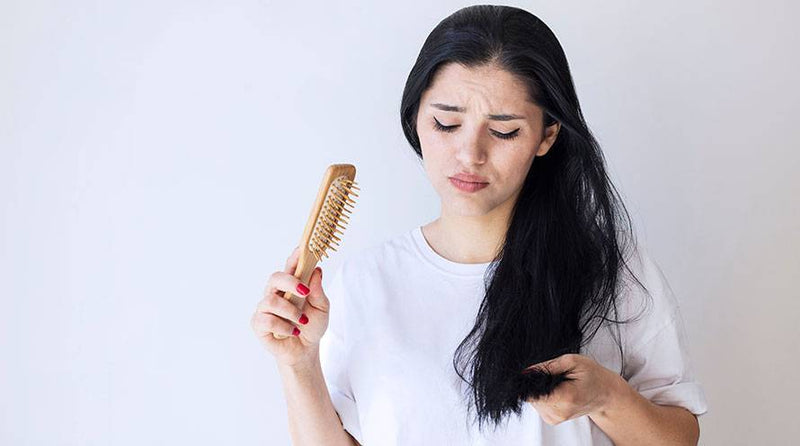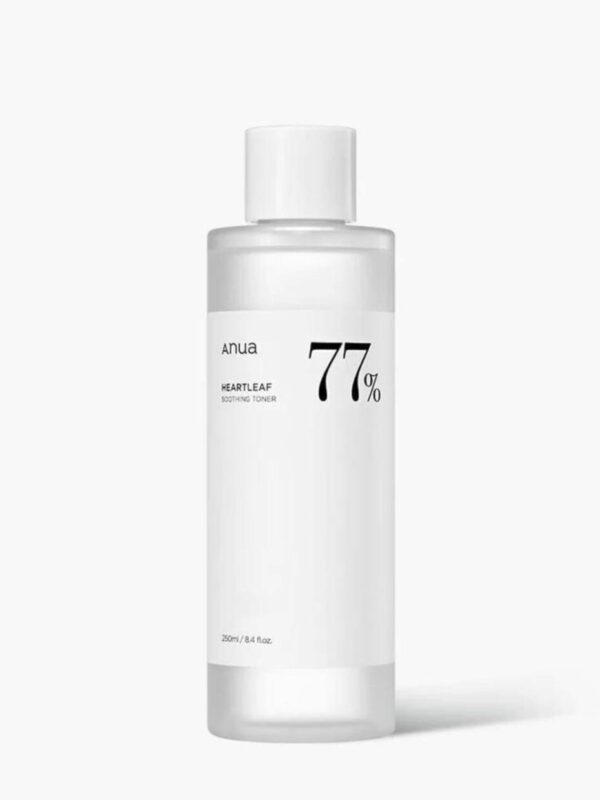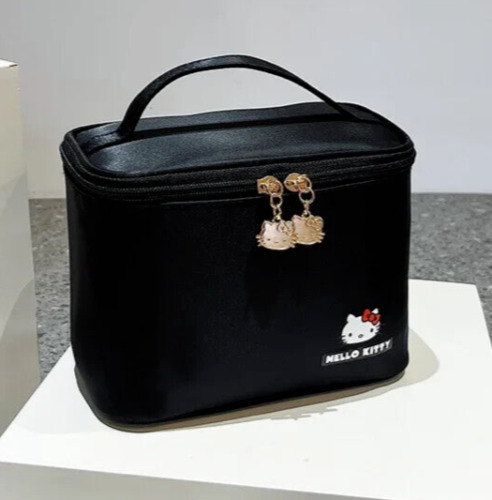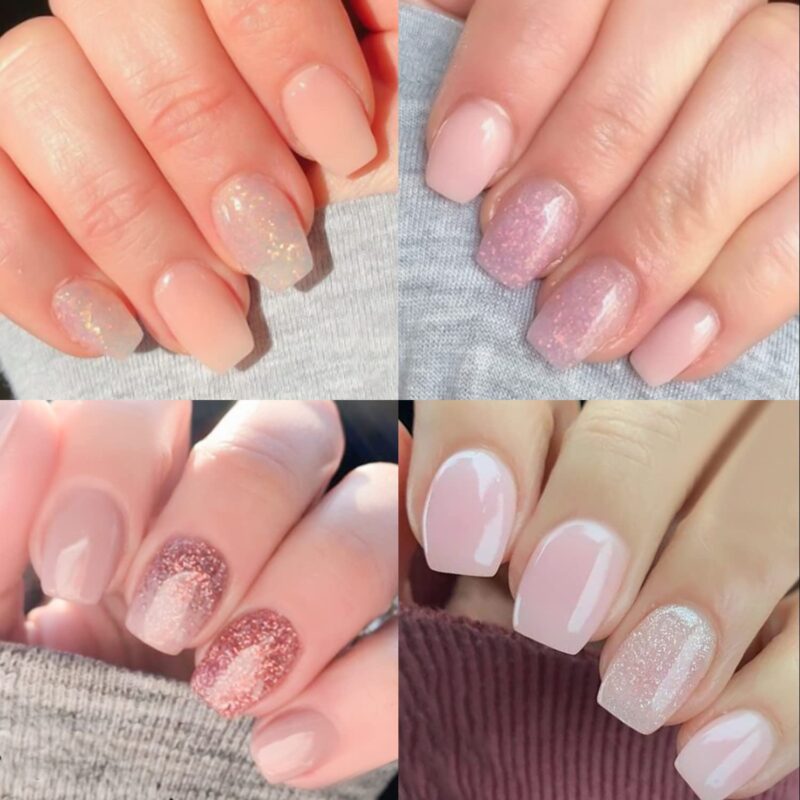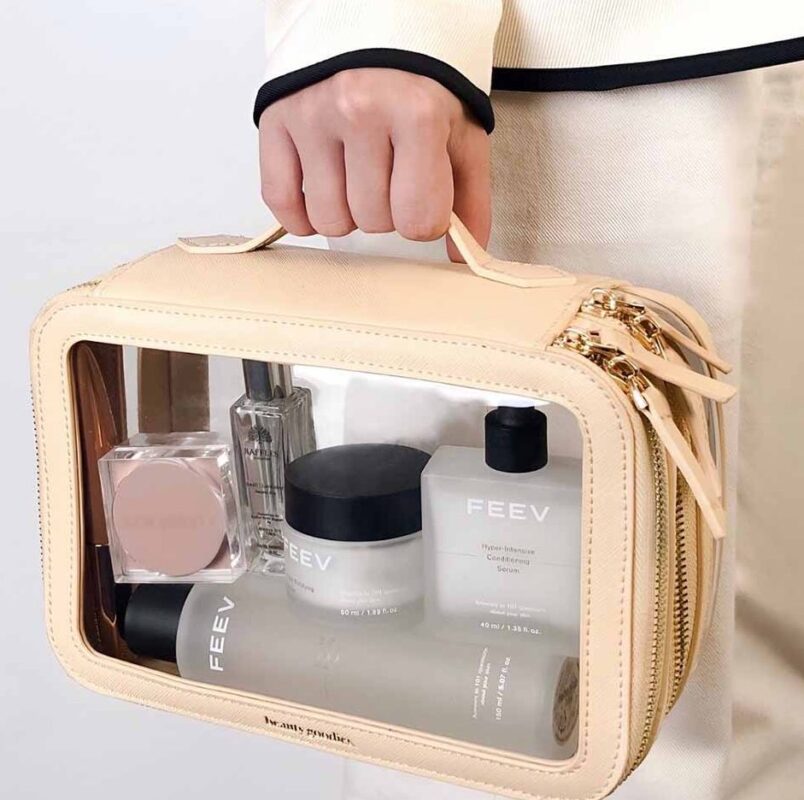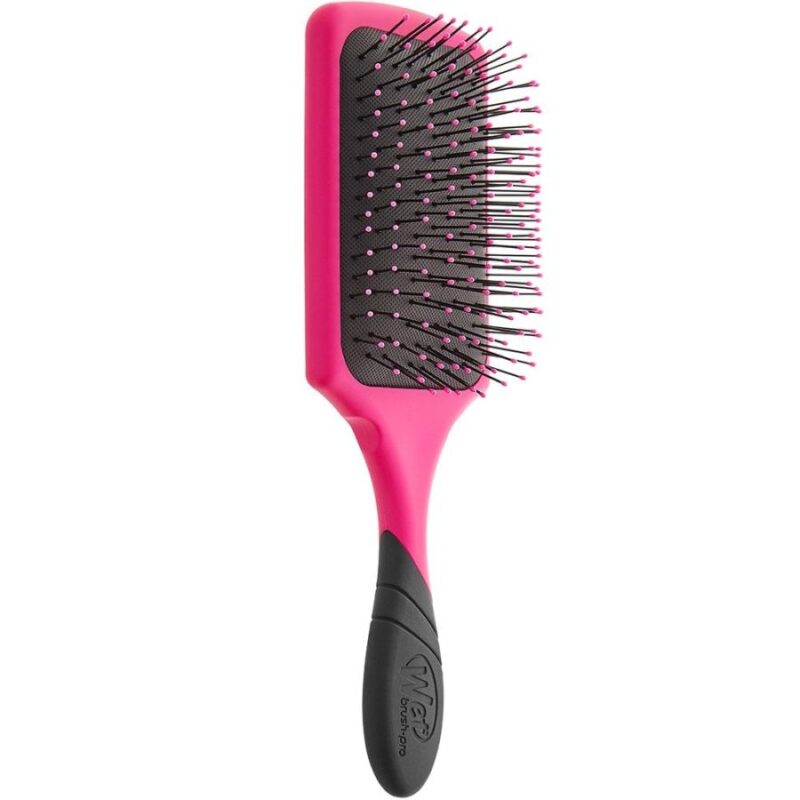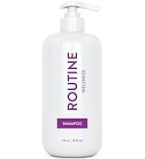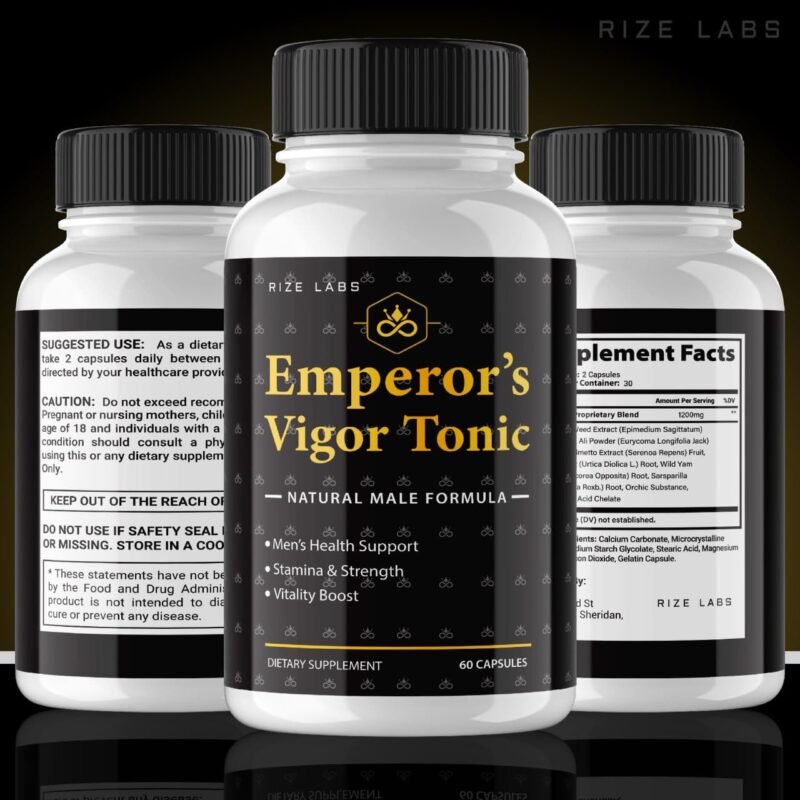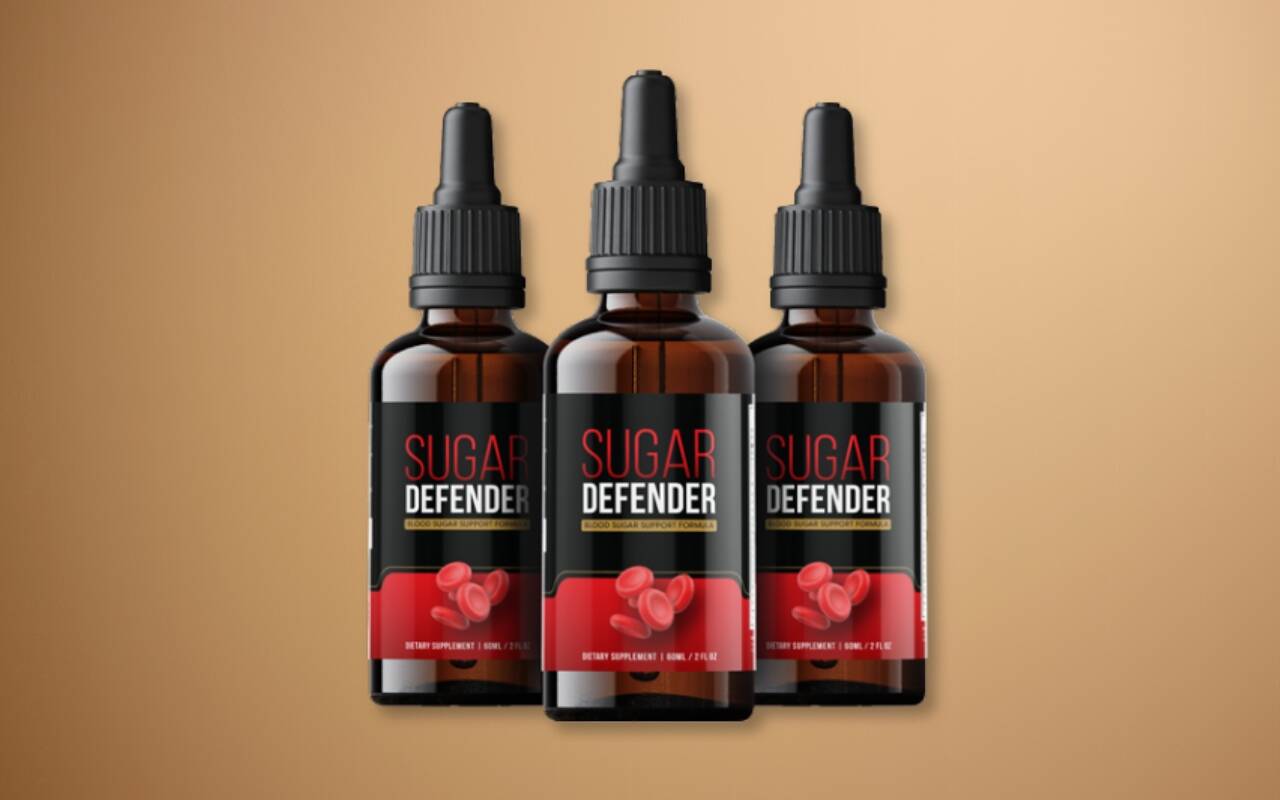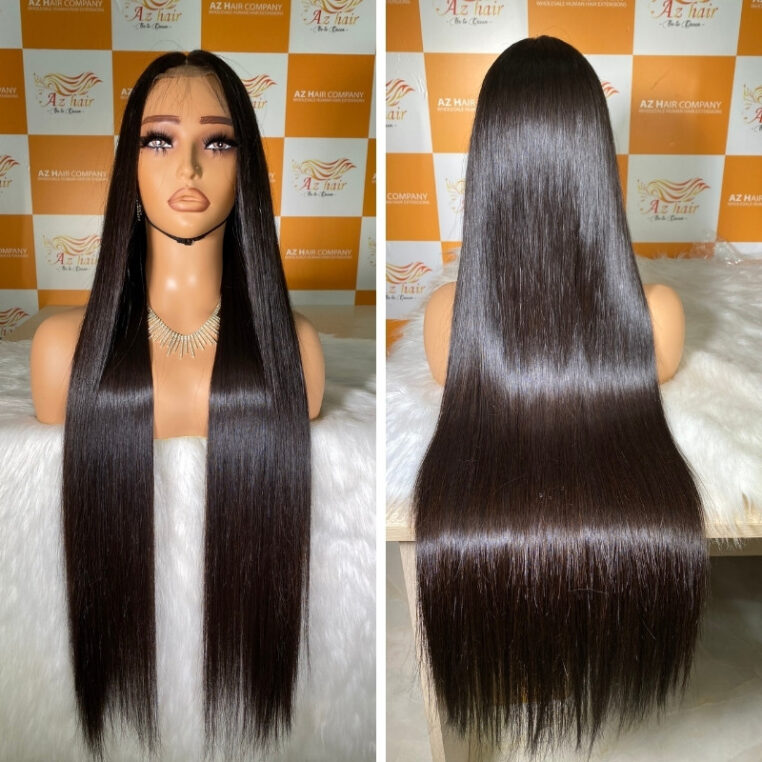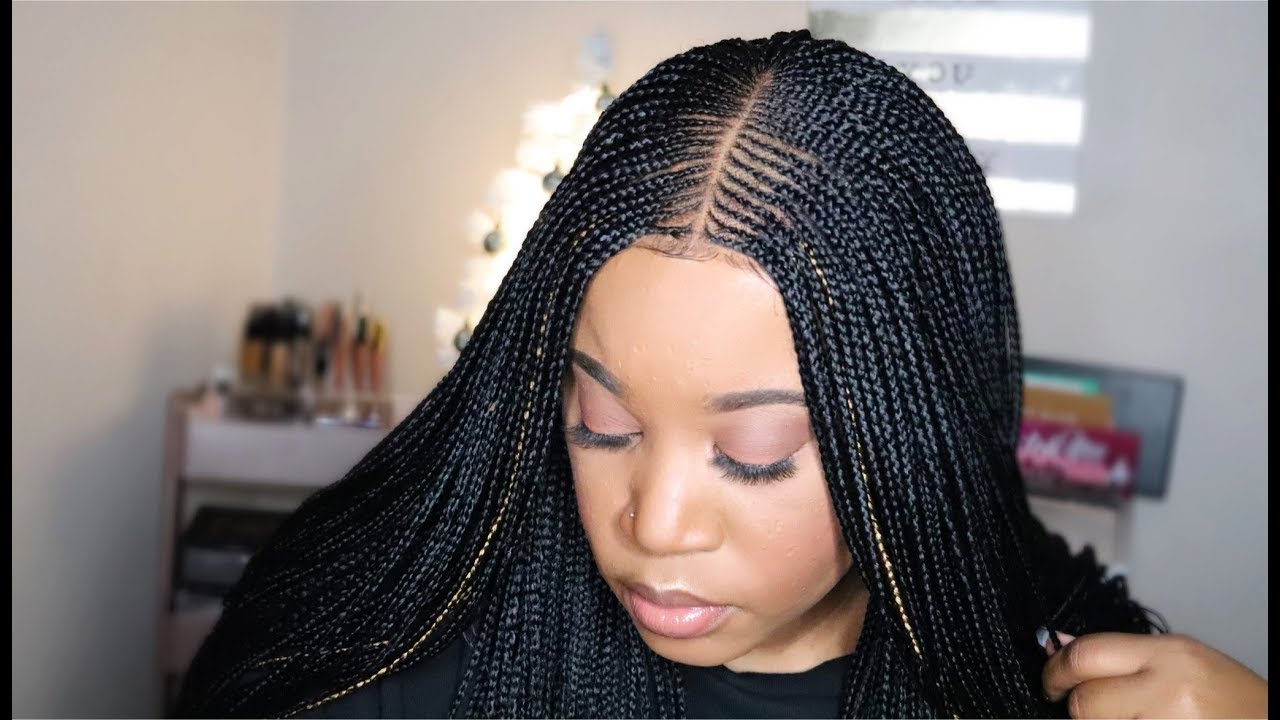Bristle hair brushes, typically made from boar bristle, are popular for their ability to create smooth, shiny, and frizz-free hair. Here’s a breakdown of what users love and what to consider before buying one:
Here are some things to keep in mind when looking at reviews:
- Hair Type: Many reviewers with fine or straight hair rave about the shine and frizz control they get with boar bristle brushes.
- Detangling: Reviews for detangling can be mixed. If you have thick or curly hair, reviews mentioning detangling ease might be more relevant to you.
- Brand and Quality: Reviews can vary depending on the brand and quality of the brush. Look for reviews that mention the specific brush you’re considering.
Overall, bristle hair brushes can be a great option for those looking to boost shine, reduce frizz, and achieve a smooth, polished look, especially for fine or straight hair. If you have thick, curly, or very knotty hair, you might want to consider a different type of brush or use the boar bristle brush for finishing touches on dry hair.
Benefits
Intelligent teeth flex over tangles rather than pulling meaning less hair breakage
Quick, easy, and painless detangling
Hair is left smooth, shiny and tangle free
Features
Designed specifically for use on wet hair
325 patented two-tier teeth technology with an easy grip handle
For use on all hair types
Use on wet hair for pain-free detangling. Brush through hair when using shampoo or conditioning treatments so the product gets from root to tip. Detangle hair after washing in preparation for blow drying or embracing your natural hair.
The Benefits of Using a Bristle Brush
Bristle brushes, particularly those made with boar bristles, offer several advantages for your hair health:
Natural conditioning: The bristles help distribute your scalp’s natural oils, acting like a built-in conditioner. This adds shine and tames frizz by coating the hair shaft.
Reduced frizz: By smoothing down the hair cuticle (the outer layer) and distributing those oils, bristle brushes can significantly reduce frizz, leaving your hair smoother and more manageable.
Gentler on hair: Unlike some synthetic bristles, boar bristles are gentler and less likely to cause breakage, especially when detangling.
Scalp stimulation: Brushing with a bristle brush provides a gentle massage to your scalp, which can increase blood flow and potentially promote hair growth.
Reduced greasy roots: The bristles can help absorb some excess oil from your scalp, reducing the appearance of greasy roots.
How to Choose the Right Bristle Brush for Your Hair Type
Fine Hair: Opt for a brush with a mix of boar and nylon bristles. The boar bristles will distribute oils and add shine, while the nylon bristles will detangle gently without pulling. Look for softer boar bristles if your hair is especially fine or fragile.
Normal to Thick Hair: A mixed bristle brush is again a good option here. You can handle a higher concentration of boar bristles for better shine distribution compared to fine hair, but the nylon bristles will ensure detangling and control.
Thick or Coarse Hair: For thick hair that needs serious detangling, consider a brush with mostly nylon bristles. Nylon is stiffer and offers more control to penetrate and manage your thick strands. Boar bristles might not be strong enough to manage very coarse hair effectively.
Thinning Hair: Similar to fine hair, use a brush with soft, blended bristles to minimize breakage. Look for brushes specifically designed for thinning hair, which may have even softer bristles.
additional tips
Brush size: Paddle brushes are great for detangling and smoothing all hair types, while round brushes are better for styling.
Bristle density: Denser bristles work well for thick hair, while looser bristles are gentler on fine hair.
Cushioned base: A cushioned base can be gentler on your scalp, particularly if you tend to brush firmly.
By considering your hair type and styling needs, you can choose a bristle brush that will enhance your hair’s health and beauty.
Bristle Brushes vs. Nylon Brushes: Which is Right for You
Both bristle brushes (usually boar bristle) and nylon brushes have their pros and cons, making the “right” choice depend on your hair type and desired outcome:
Boar Bristle Brushes
Pros
Shine and condition: Distribute natural scalp oils, adding shine and reducing frizz.
Gentler detangling: Softer on hair, minimizing breakage, especially when detangling.
Scalp stimulation: Gentle massage can improve blood flow, potentially promoting hair growth.
Cons
Price: Generally more expensive than nylon brushes.
Detangling: May not be strong enough for thick, tangled hair.
Static: Can cause static in some hair types.
Nylon Brushes
Pros
Affordability: Generally less expensive than boar bristle brushes.
Detangling: More effective at detangling thick or tangled hair due to stiffer bristles.
Less static: Create less static than boar bristle brushes.
Cons
Less shine: Don’t distribute natural oils as effectively, leading to less shine.
Breakage: Can be harsher on hair, potentially causing breakage, especially with fine or fragile hair.
Heat sensitivity: May melt at high heat from blow dryers.
Here’s a quick guide to choosing between them
For shine and frizz control: Boar bristle brush (especially good for fine or normal hair)
For detangling thick hair: Nylon brush (mixed bristle brush with some boar for shine is an option)
For sensitive scalp or fine hair: Soft boar bristle brush (or mixed bristle with softer boar bristles)
For easy detangling and static control: Nylon brush
Ultimately, you might even consider having both types of brushes on hand to address different hair needs!

